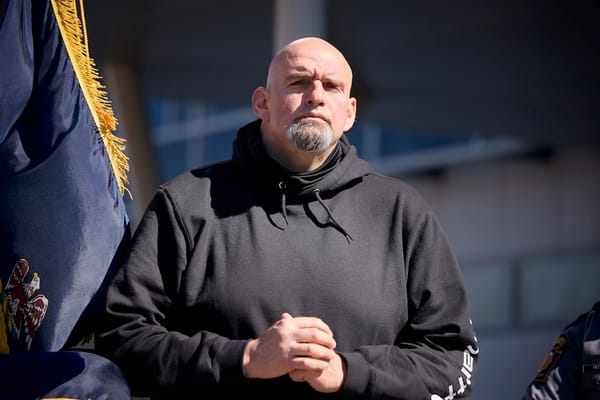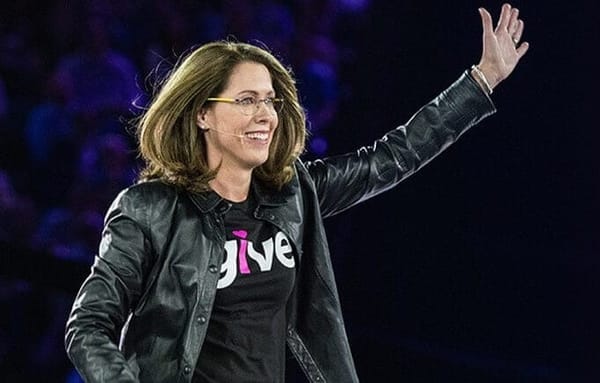Appeals Court Deals Network Neutrality Blow to FCC
WASHINGTON, April 6, 2010 – A federal appeals court ruled Tuesday that the Federal Communications Commission does not have the power to mandate that broadband provider Comcast must give equal treatment to Internet traffic streaming through its networks. Interested parties in the broadband community
WASHINGTON, April 6, 2010 – A federal appeals court ruled Tuesday that the Federal Communications Commission does not have the power to mandate that broadband provider Comcast must give equal treatment to Internet traffic streaming through its networks.
The ruling by the District of Columbia’s U.S. Court of Appeals is a huge victory for Comcast. The nation’s largest cable firm had challenged the FCC’s authority to impose network neutrality requirements on broadband companies.
The ruling also calls into question the FCC’s ability to implement parts of its recently released National Broadband Plan.
Comcast had challenged an FCC decision in 2008 forbidding the company from blocking its broadband subscribers from using BitTorrent, an online file-sharing technology.
In reaction to the court’s decision, Federal Communications Commission spokeswoman Jen Howard said the agency “is firmly committed to promoting an open Internet and to policies that will bring the enormous benefits of broadband to all Americans,” adding that the decision “invalidated the prior commission’s approach to preserving an open Internet. But the court in no way disagreed with the importance of preserving a free and open Internet; nor did it close the door to other methods for achieving this important end.”
Proponents of network neutrality were quick to slam the court’s decision.
Parul Desai, vice president of the Media Access Project, said: “I am disappointed in the court’s finding that the commission did not make the case for its authority to take action against Comcast’s blocking of BitTorrent….The commission must have the authority to protect all Internet users against harmful and anticompetitive conduct by Internet service providers.”
Executive Director Markham Erickson of the Open Internet Coalition agreed: “Today’s D.C. Circuit decision in Comcast creates a dangerous situation, one where the health and openness of the Internet is being held hostage by the behavior of the major telco and cable providers.”
Gigi Sohn, president and co-founder of Public Knowledge, said the court decision means there are “no protections in the law for consumers’ broadband services.”
S. Derek Turner, the research director for Free Press, said the decision forces the FCC into an “existential crisis, leaving the agency unable to protect consumers in the broadband marketplace, and unable to implement the National Broadband Plan.”
But Barbara Esbin, a senior fellow at The Progress & Freedom Foundation, applauded the decision, saying the FCC’s action against Comcast’s Internet network management practices was unlawful because Congress has not delegated to the FCC regulatory authority over the provision of Internet services.
Free State Foundation President Randolph May saw the ruling as a possible impetus for Congress to begin a rewrite of the Communications Act “which ties the commission’s regulatory activity over broadband explicitly to evidentiary showings of abuse of substantial market power and demonstrable consumer harm.”
A comment from Comcast was not available by press time.








